Once more valuable than gold, frankincense is indelibly linked to Oman.
Mention frankincense, and it’s hard not to instantaneously think of Christmas.
Cited in the story of the birth of Christ in the Bible’s Book of Matthew, it was one of the precious gifts (alongside gold and myrrh) given to the baby Jesus by the three wise men.
But there’s more to this ancient, aromatic tree resin than its Biblical association. This becomes immediately clear on my first trip to the Sultanate of Oman, the epicentre of frankincense.
Exploring Salalah: The land of frankincense
The mystical, rich scent of frankincense (known locally as luban) is unavoidable in Oman. This is especially true in the city of Salalah in the southernmost governorate of Dhofar, where frankincense trees grow wild.
Before I even land in the sun-blasted seaside city, I get my first whiff. An undernote of frankincense can be detected in the hand lotion on Oman Air, where amenity kits come care of Oman’s most famous perfumery, the high-end Omani heritage brand Amouage, which uses frankincense in around 60 per cent of its products. From that moment on, the scent of frankincense is never far from me.
As I swan through the ultra-modern, sleek Salalah Airport, frankincense hydrosol wafts from industrial-grade diffusers to scent and clean the air.
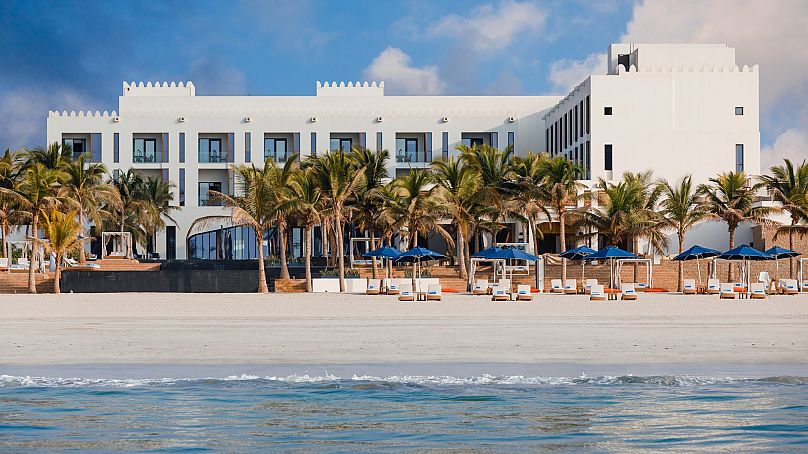
Al Baleed Resort Salalah by Anantara sits seaside, within viewing distance of The Museum of the Frankincense Land.Anantara
When my taxi pulls up under the elegant Arabian arches of my hotel, Al Baleed Resort Salalah by Anantara, I spy a trio of ornamental frankincense trees in gleaming gold pots. The property lounges seaside, within viewing distance of The Museum of the Frankincense Land.
My room is like a magical setting from a Scheherazade story with frangipani trees, bronze lanterns, and traditional majlis seating. The air is fragrant with the faint, slightly sweet traces of incense smoke from recently burned resin.

At Al Baleed Resort Salalah by Anantara's spa, frankincense essential oil is used for massages.Anantara
And at the gleaming spa, with its lavish marble hammam, frankincense essential oil is worked into sore muscles, and frankincense-infused elixirs are offered in lieu of herbal tea.
Even after just a few hours in Salalah, it’s immediately apparent why this is known as the land of frankincense.
Khor Rori and Wadi Dawkah: UNESCO World Heritage Sites in need of protection
Also called the perfume capital of Arabia, Salalah is home to the most valued species of frankincense trees in the world, Boswellia sacra, from which sap is sourced and dried to become little crystals of frankincense resin - once worth more than gold. The resin is burned as incense or distilled into oil for various uses. Though also native to Yemen and Somalia, this top species is most commonly found in Oman and played a major role in establishing the region as a prosperous trade hub in the ancient world.
Hussain Balhaf, the in-house tour guide at Al Baleed Resort, takes me to see the UNESCO heritage site of Khor Rori (Sumhuram), a fortified port city once used for the frankincense trade, dating back to the 3rd century BCE.
“During excavation, incense burners were found with frankincense still on them,” says Hussain as we walk quickly through the crumbling, biscuit-hued ruins to avoid the heat.
Later, when we visit the Frankincense Museum, Hussain points out several of these burners, which were excavated from homes in Sumhuram, as well as in religious areas - something that still occurs today. Frankincense is still burned in mosques, churches, and temples all over the world, its smoke symbolic of sanctification and purification.
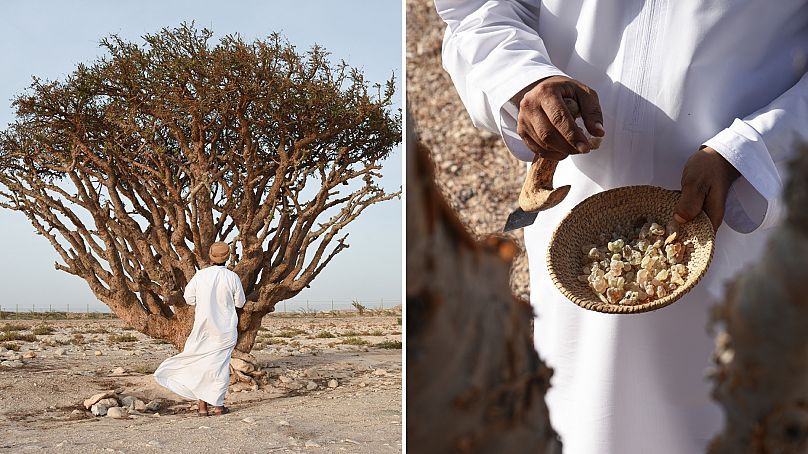
Oman's government has teamed up with heritage brand Amouage to protect the country's frankincense trees.Amouage
Next, Hussain takes me to Wadi Dawkah, another UNESCO-sanctioned site of stony, semi-desert, which is a natural habitat for frankincense trees.
“Seventy years ago, this wadi [valley] would have been filled with frankincense trees,” says Hussain, citing climate change and overharvesting as causes for the decline. He shows me how in harvest months, the bark is scored so that a sap emerges. This sap is then scraped away so a second sap forms, which later dries and crystallises.
In previous counts, there were only 1,200 ancient perennial trees in Wadi Dawkah. To increase numbers and protect Oman’s heritage, the government has planted a frankincense farm and developed a visitors’ centre on the site, run in partnership with Amouage. As custodian of the trees, the brand ensures harvesting is sustainable and regulated.
Learning about frankincense harvesting with a local guide
Harvesting frankincense is a time-consuming process that is done by hand and cannot be rushed. Even after harvest, the work still isn’t done. To learn more about how frankincense is processed and sold, I enlist the help of Adnan Safrar, an expert local guide from ToursByLocals, to take me to a workshop.
“We’re very lucky to get to visit,” Adnan says, as we turn down a quiet street in the industrial area of Salalah. “Most workshops are very protective of the process.”
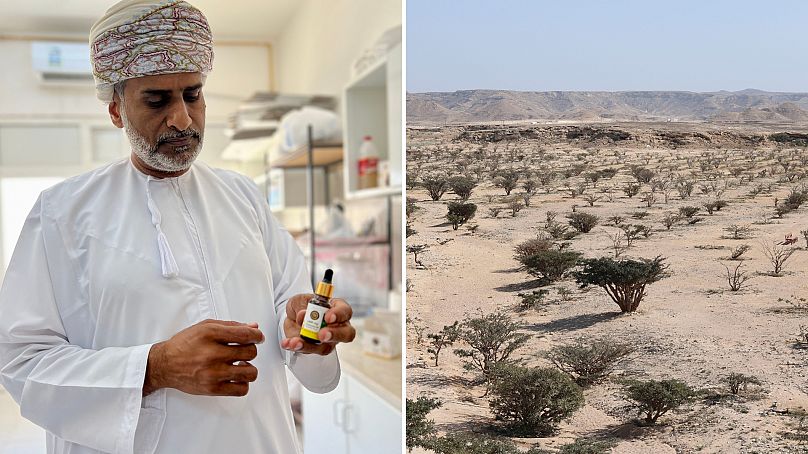
Amer Mohammed Alameri is the general director of Luban Dhofar, a frankincense distillation company in Salalah,Anantara
Despite this warning, Amer Mohammed Alameri, general director of Luban Dhofar, a frankincense distillation company based in Salalah, couldn’t be more welcoming. He ushers me into his workshop, pointing out the stainless-steel tanks, vats of ice-cold purified water, and finished products - soap, powder, hydrosol, and essential oil for cosmetics, fragrances and natural remedies.
Amer’s family has worked with frankincense for generations, and he is generous with his time and treasures.
“Our policy is to make known all the benefits of frankincense to the world. For thousands of years, we’ve known this. Now, there is research being done to prove it,” says Amer, showing me studies done by Omani universities on the promising effects of frankincense on infections and diseases.
What is frankincense used for in Oman?
While the medical benefits of frankincense are still being studied and shared around the world, in Omani society the product remains a cherished resource - used to purify, scent and flavour.
Back in the relaxing, sprawling grounds of Al Baleed Resort, I sit under umbrellas of palm trees with Dina Macki, an Omani chef born and raised in the UK.
“We’ve always said that frankincense is an elixir of life,” she says. “It’s actually just a really good thing to have for medicinal purposes. We put the edible resin in water, and when I first started drinking it, I noticed that my digestion was better, and my skin cleared up…It’s also really common to burn frankincense and stand over [the smoke] in dresses to let the frankincense come up through us for purifying purposes and for the smell,” continues Dina.
Of the four varieties, top-grade hojari frankincense is used in cooking. Dina is in Salalah to cook at Al Baleed Resort’s Food Festival, a week-long culinary extravaganza in its second year. Every night, a new chef from a different country delights guests with dishes reflecting their hometown restaurants (most of which are Michelin-starred).
For her night, Dina dishes up Omani specialities at the hotel’s poolside Sakalan restaurant, including a dessert topped with edible frankincense pearls. “I personally love [the taste of] frankincense; it works really well with sweet things, like when you infuse it in crème brûlée and panna cotta,” says Dina.
The smoke can also be used to flavour meat and fish, while milk flavoured with frankincense can be found in Oman’s grocery stores. For a newer twist on the ancient product, you can even find frankincense ice cream. I recommend you enjoy the icy treat on one of Oman’s countless postcard-perfect beaches - because frankincense isn’t the only spectacular natural wonder in this part of the world.
Nicole Trilivas was a guest of Al Baleed Resort Salalah by Anantara and Experience Oman with support from Oman Air and ToursByLocals.
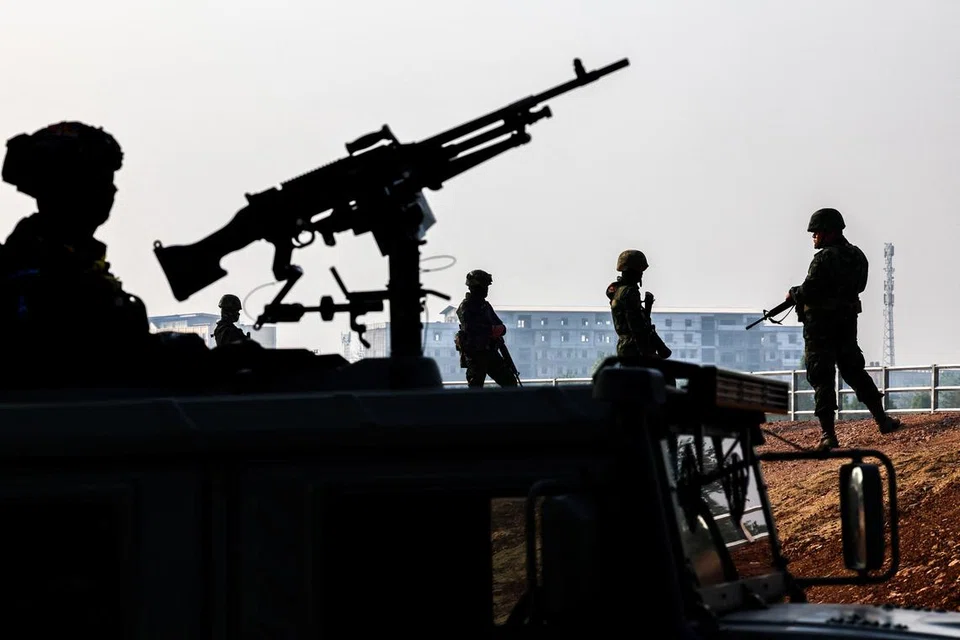



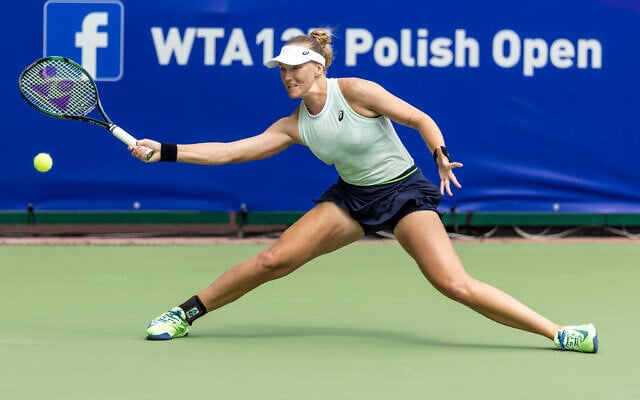


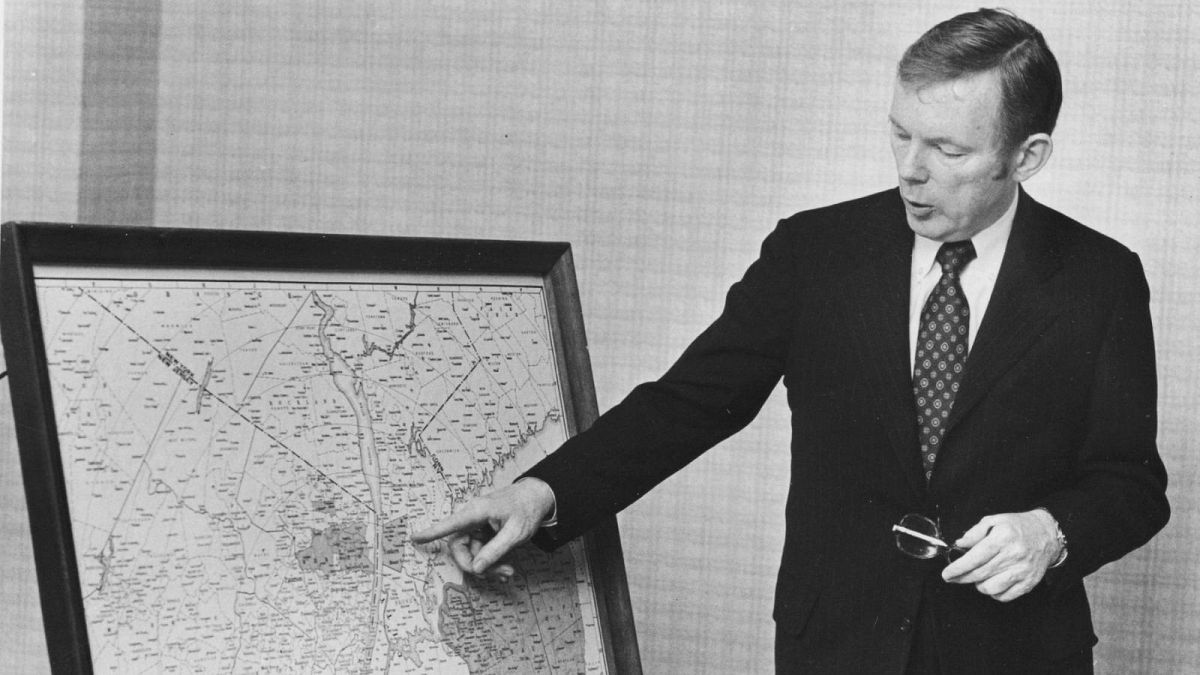
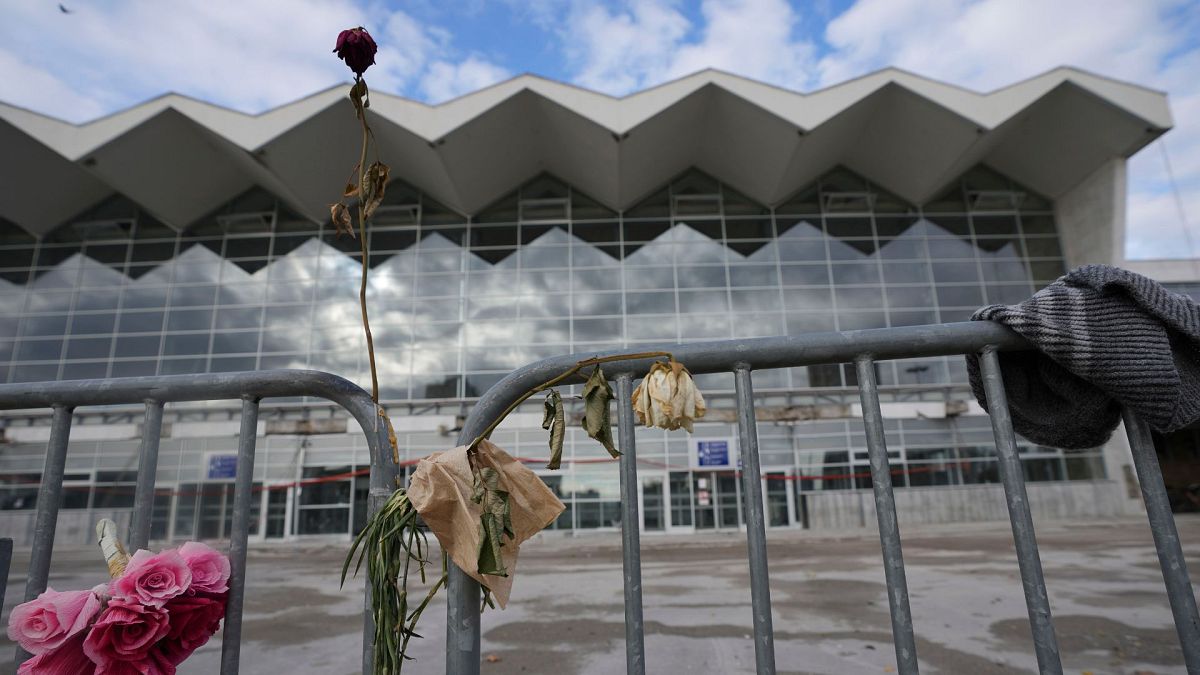
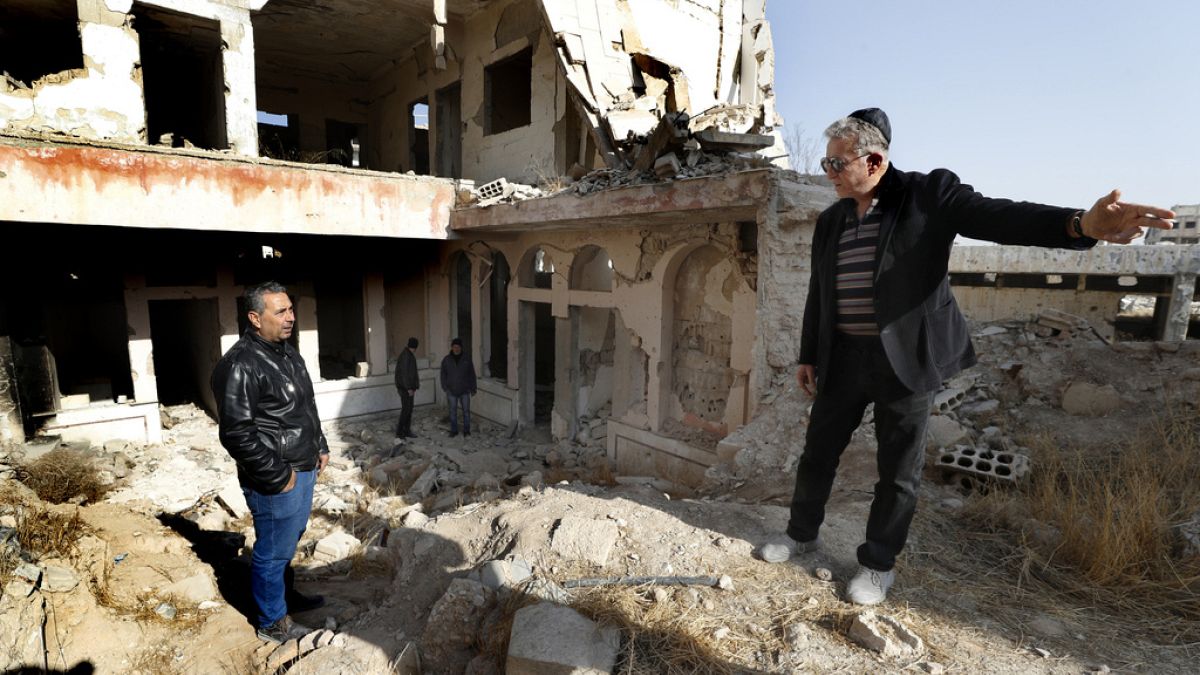
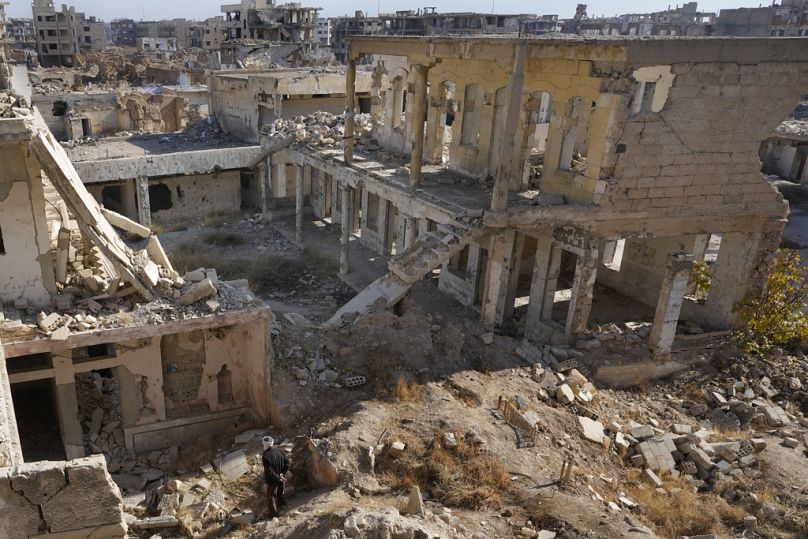
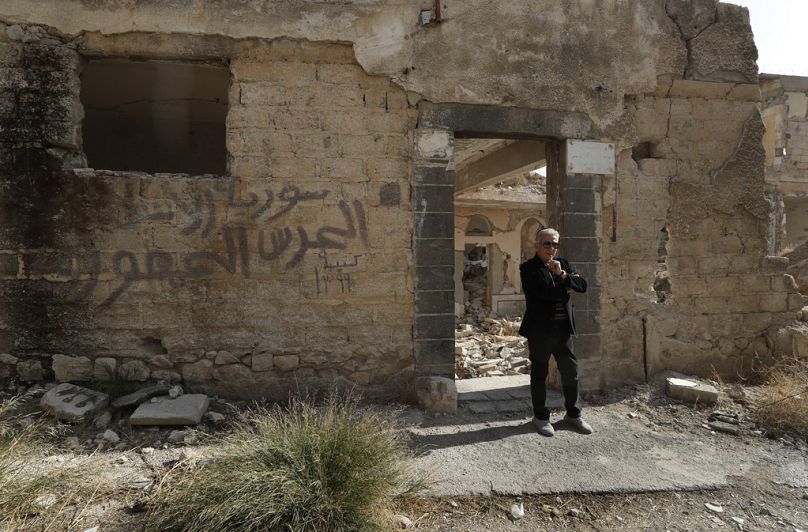
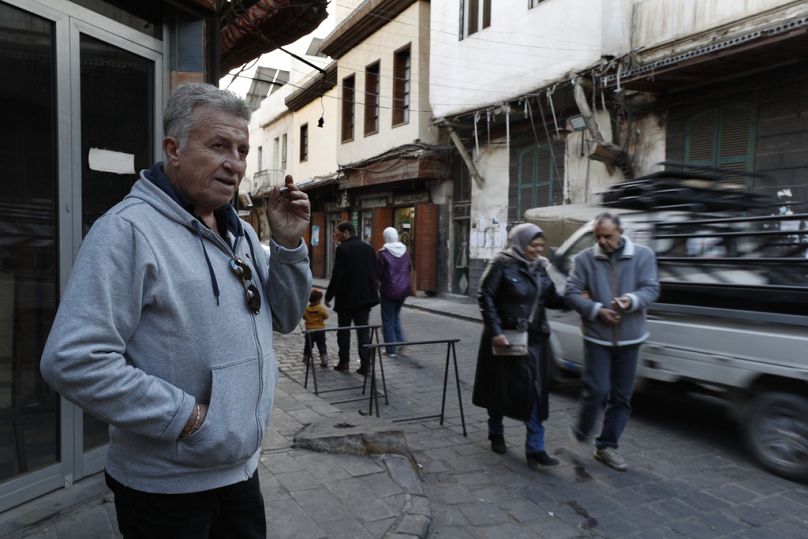
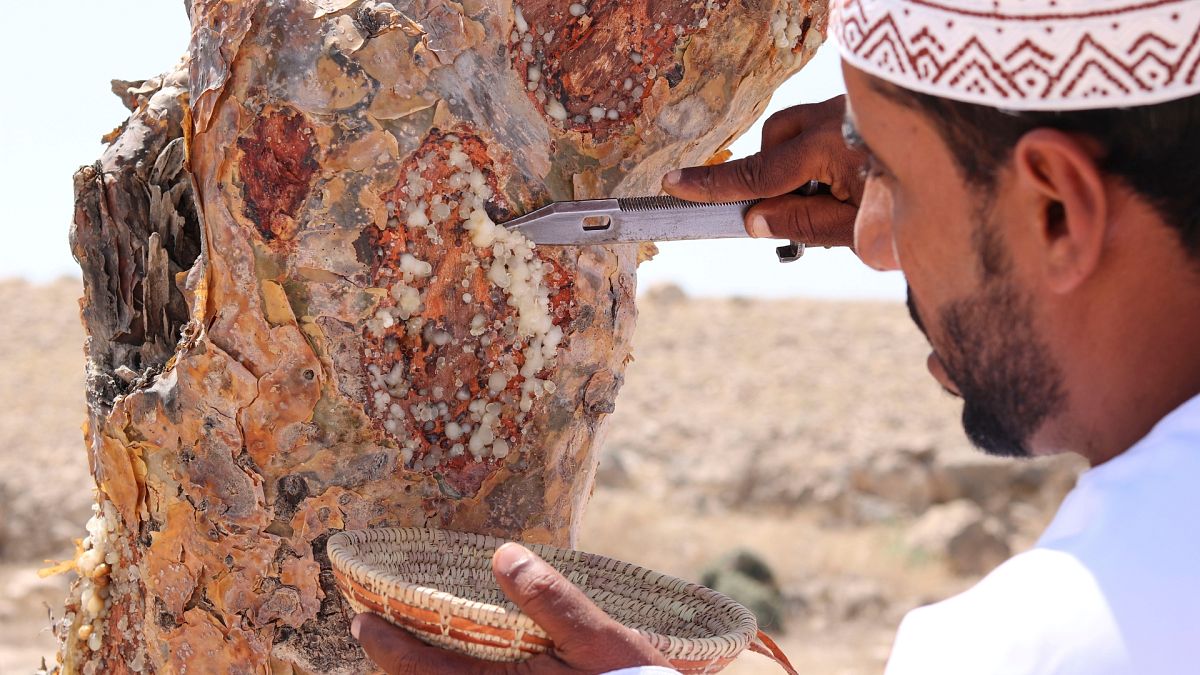




Croatia's presidential election will head to a runoff on January 12 as no candidate secured more than half of the votes in Sunday's election, the Croatian State Election Commission (SEC) announced.
Incumbent Milanovic to face Primorac in Croatian presidential election runoff
Croatia's incumbent President Zoran Milanovic will face the ruling Croatian Democratic Union (HDZ) candidate Dragan Primorac in the presidential election runoff after narrowly failing to secure a first round victory.
Exit polls had initially indicated an outright win for the outspoken president, but as the vote count got underway it became clear Milanovic had taken just under the 50% of the vote needed for a first round victory.
Provisional results published by the Central Election Commission on the morning of December 30 showed Milanovic backed by the opposition Social Democratic Party (SDP) and its allies, had 49.09% of the vote.
Primorac was on 19.35% and third placed candidate Marija Selak Raspudic had 9.25%.
While Primorac trailed Milanovic in the first round, the HDZ is hopeful of a turnaround in the runoff.
"As of tomorrow, it's a new ballgame," Prime Minister and HDZ leader Andrej Plenković said on December 30, reported Croatian news agency Hina.
However, the SDP expressed optimism that Milanovic would take the presidency in the second round, pointing to the president’s popularity across the country.
“Congratulations to Zoran! We look forward to winning the second round, because voters have clearly shown that they believe in a better, fairer and freer Croatia. This is a message to Andrej Plenković and his candidate that people see and watch what is happening in our country,” wrote SDP president Sinisa Hajdas Doncic on X (formerly Twitter).
“Message to Andrej Plenkovic: all of Croatia is in the red,” wrote SDP vice president Mirela Ahmetovic, alongside an electoral map.
The election, marked by low voter turnout compared to the previous presidential election in 2019, has reinforced Milanovic’s position as one of Croatia’s most polarising yet popular politicians.
Should he pull off a second round victory, the stage would be set for a continuation of the tense cohabitation with Plenkovic’s government, which has frequently erupted into public arguments between president and prime minister.
While the presidency in Croatia is largely ceremonial, Milanovic’s combative leadership and controversial rhetoric have made the election a litmus test for the country’s alignment with Western policies and its stance on the war in Ukraine.
Since taking office in 2020, Milanovic has often clashed with Plenkovic, adopting positions critics label as populist and at times “pro-Russian”. His opposition to Zagreb’s policy on Ukraine has sparked heated disputes with the HDZ-led government.
The issue repeatedly came to a head this autumn, with public spats erupting over Croatia’s involvement in a Nato training mission in Ukraine.
In October, Plenkovic accused Milanovic of an "attempted coup" following a decision by the president to block General Tihomir Kundid, the chief of the general staff, from attending a parliamentary Defence Committee meeting. Milanovic, who serves as commander-in-chief of the armed forces, refused to allow Kundid to brief lawmakers on the mission.
Earlier in 2024, he announced plans to run for the prime minister position, which holds more powers than the largely ceremonial presidency, but was blocked from doing so by the the Constitutional Court.
Primorac, a university professor and paediatrician, ran on a platform emphasising unity and Croatia’s Western alliances.
He was picked as the candidate for the ruling HDZ, which won the general election earlier this year, as well as taking more seats than the SDP in the European Parliament elections.
However, his campaign was overshadowed by a corruption scandal involving the health minister from the HDZ, who was arrested recently on bribery charges and subsequently sacked. The scandal left Plenkovic’s government struggling to restore confidence in the healthcare system.
The HDZ-led government has also come under pressure from public sector workers, who have pushed for pay rises in the weeks ahead of the election. A deal was reached on an increase in the base pay for state and public services on December 27.